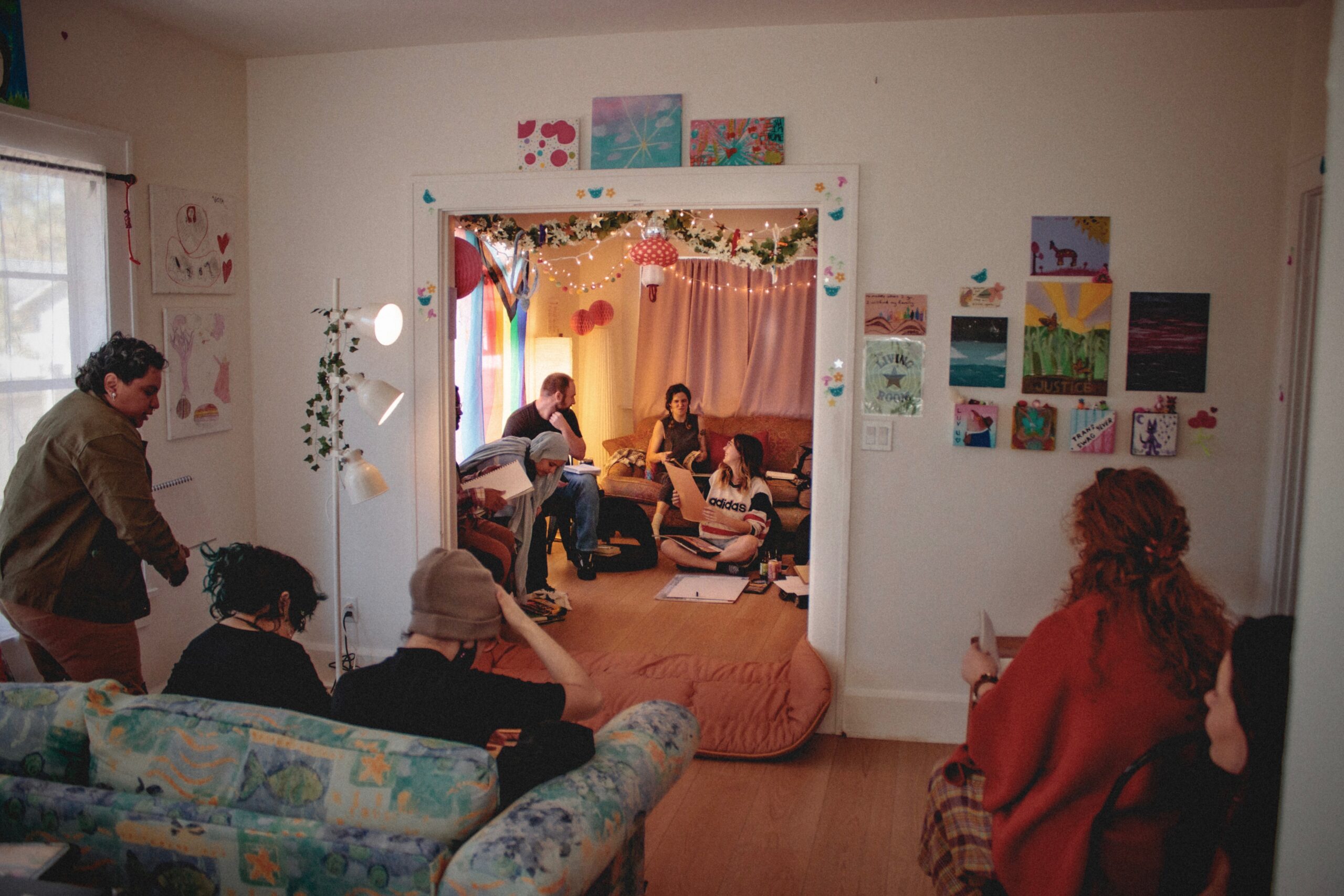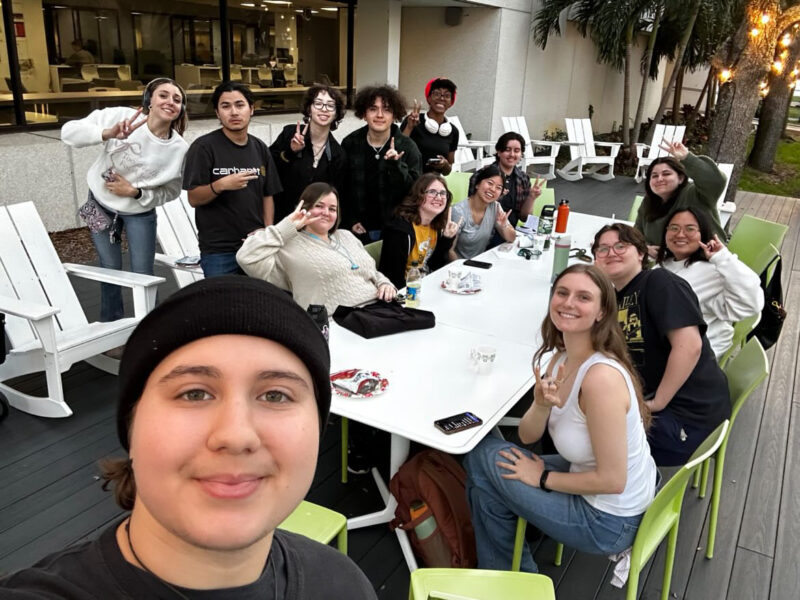Ashraf Khalil always knew he wanted to be a journalist.
During his Feb. 29 on-campus lecture, Khalil said Cairo was the perfect place for a journalist, especially during the Egyptian Revolution — a topic he covered extensively in his career. He discussed how media affected the revolution and how it continues to affect Egypt.
“Egyptians are Twitter addicts,” Khalil said. However, he noted that social media’s effect on the revolution is sometimes overrated.
On Jan. 25, 2011, the first day of protests calling for the resignation of President Hosni Mubarak, it seemed like all Egyptians were on Twitter tracking revolutionary activity. The government shut off Internet access, and on Jan. 28, phone access was lost as well. Khalil remarked that the loss of media didn’t stop the revolution. If citizens wanted to know what was happening, they only needed to walk outside. This allowed them to band together in protest.
Since the revolution, all Egyptian political parties have begun using social media, Khalil said. The Muslim Brotherhood, which rose to power after Mubarak, has an active Twitter feed and uses Facebook for nearly half of its communication.
Khalil sees the transformation of media outlets as a crucial measure of the revolution’s success. The government currently owns the newspapers and the TV stations in Egypt.
“[The media outlets] settle into satisfying whoever is in power,” Khalil said, explaining that during the revolution, Egyptian news defended Mubarak and even denied the protests occurring in Tahrir Square for some time. After the revolution, however, the media suddenly switched to defending the Muslim Brotherhood. Khalil feel this happened because Egyptian journalists have improper training.
The son of Egyptian immigrants, Khalil grew up in Chicago. In his junior year of college, he studied at the American University in Cairo. While in Egypt, Khalil received his first paycheck for writing and realized he wanted to eventually live in Egypt. He returned to the United States and wrote for a newspaper in Fort Wade, Ind.
At 27, Khalil moved to Egypt as a freelance journalist.
The party currently in power is composed of members of the Muslim Brotherhood, and the Salafists, a Muslim fundamentalist group that stayed out of politics for many years but recently “came out of nowhere,” Khalil said. He believes that the Brothers find the Salafists annoying. The two factions “will have to stay on the same page for years,” Khalil said, adding that he doesn’t see that happening.
Media demonstrates the trouble between the two parties. Khalil suggested YouTube searching “Salafists Parliament Call to Prayer,” a video in which a Salafist stood up in the middle of a parliament session to do a call to prayer. A member of the Muslim Brotherhood, whose position was equivalent to the U.S. Speaker of the House, began yelling at him.
Khalil said that the Salafists try to make the Brothers look “soft” on their beliefs. “Brothers are happy to go to jail for their beliefs,” Khalil said. “They are sincere; that’s their appeal.”


